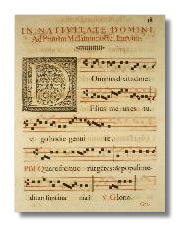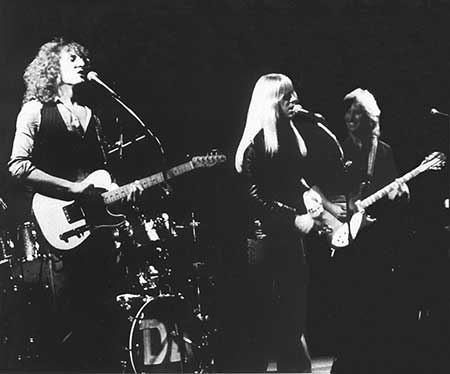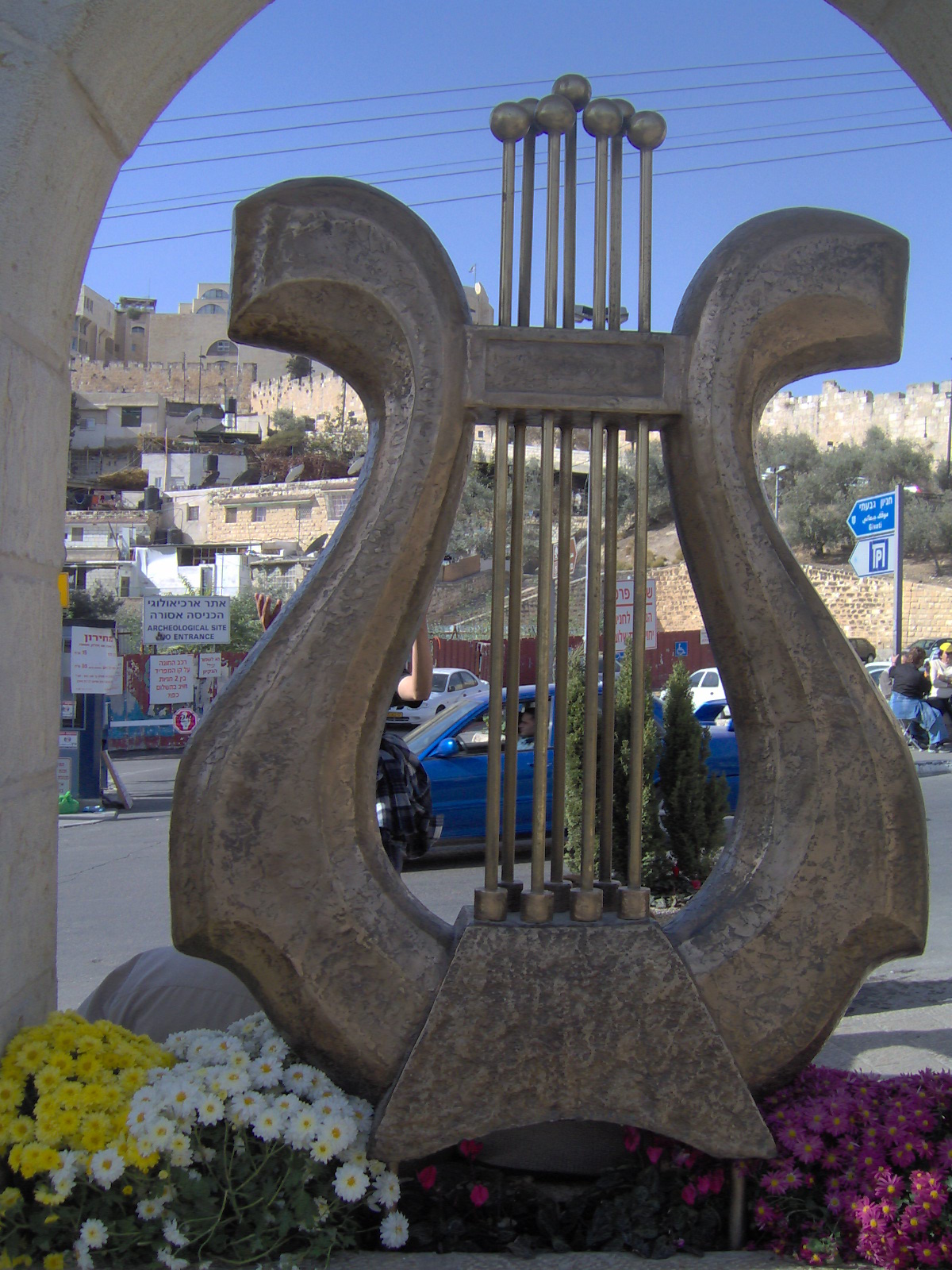 Matthew 26:26 - Mark 14:26And as they were eating, Jesus took bread, and blessed, and brake it; and he gave to the disciples, and said, Take, eat; this is my body. And he took a cup, and gave thanks, and gave to them, saying, Drink ye all of it; for this is my blood of the covenant, which is poured out for many unto remission of sins. But I say unto you, I shall not drink henceforth of this fruit of the vine, until that day when I drink it new with you in my Father's kingdom.
Matthew 26:26 - Mark 14:26And as they were eating, Jesus took bread, and blessed, and brake it; and he gave to the disciples, and said, Take, eat; this is my body. And he took a cup, and gave thanks, and gave to them, saying, Drink ye all of it; for this is my blood of the covenant, which is poured out for many unto remission of sins. But I say unto you, I shall not drink henceforth of this fruit of the vine, until that day when I drink it new with you in my Father's kingdom.And when they had sung a hymn, they went out unto the mount of Olives.
Being Jewish, Jesus and his disciples would most likely have sung the psalms from memory. Would it not be wonderful to hear our Lord and His disciples singing?
In that time period, since there was no way of transcribing music the repertoire of ordinary people was much greater than it is today, so they probably knew other songs too. Early Christians continued to sing the psalms much as they were sung in the synagogues in the first century.
Aside from hymns taken from the Bible itself, the earliest hymn still in use today is probably O Gladsome Light or Phos Hilaron as it was known in Greek. In the fourth century, Basil the Great referred to it as already being a rather old hymn.
Hymns are formal expressions of praise or declarations of God's truth. Troparia and Kontakia are two early forms of hymns that became incorporated into the Church's worship. The former being a series of short verses of only one stanza that would be sung near the end of vespers (evening prayer.) The latter is named from the Greek word for pole, describing the way the words were unfurled from a scroll. This is a more poetic form of song.
At the conclusion of the Fifth Ecumenical Council, Emperor Justinian I is reputed to have composed a hymn summarizing the council's conclusion, Only begotten Son. That hymn was since incorporated into the Divine Liturgy of John Chrysostom and is still widely sung today.
Several traditions of plainchant, a form of monophonic, unaccompanied singing, developed in the Christian West: Around the 8th to 10th centuries, Gregorian chant arose.
 The name "Gregorian" probably originally referred to Pope Gregory II, but the chant eventually became associated with his predecessor Gregory the Great, whose great stature gave Gregorian chant a reputation for antiquity and spiritual authority. So strong is the myth of Gregory's authorship of the chant repertory that it is popularly believed even today.
The name "Gregorian" probably originally referred to Pope Gregory II, but the chant eventually became associated with his predecessor Gregory the Great, whose great stature gave Gregorian chant a reputation for antiquity and spiritual authority. So strong is the myth of Gregory's authorship of the chant repertory that it is popularly believed even today.The tradition of Christian hymns in the English language is closely tied to Protestantism.
 |
| Early Printing Mighty Fortress |

Some hymns, particularly Christmas carols, are widely embraced by various denominations while many hymns are restricted to certain religious traditions. In some cases this is due to doctrinal differences reflected in the words of the song but in many cases it is the result of tradition and the use of denominationally produced or approved hymnals.
The use of hymns was a factor in several historic schisms among Protestant denominations with more traditional members insisting on the use of only the psalms in the service.
Christian music has always adapted to the faith of a people and the music styles that they embrace.
Negro Spirituals grew from African chants that field workers would sing to give some joy to their mundane, repetitive tasks.
Southern Gospel drew from quartet music that was popular in the late 19th century. It added traditional southern instrumentation. As the years progressed, this style has adapted to become more contemporary.

Contemporary Christian Music is a recent form that has derived from the need of today’s Christians to have worshipful songs that reflect the current musical style. Larry Norman started writing “Jesus Music” after his conversion. A duo in Great Britain, Malcolm and Alywn wrote similar music. As the wave of the Jesus Movement hit the USA, more and more musicians wrote songs expressing their new found faith.
I believe that the music styles of a church can be a barometer of the climate of faith for a church.


No comments:
Post a Comment